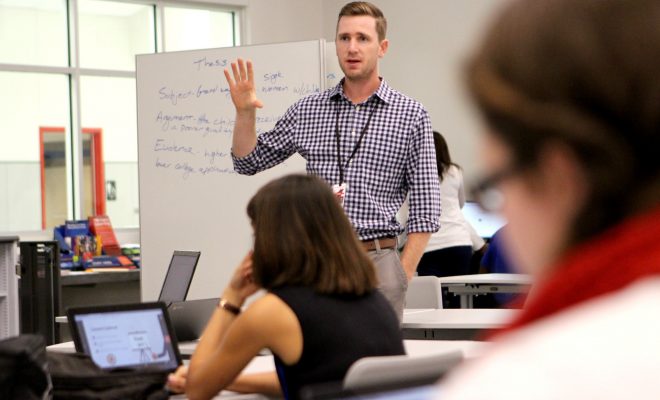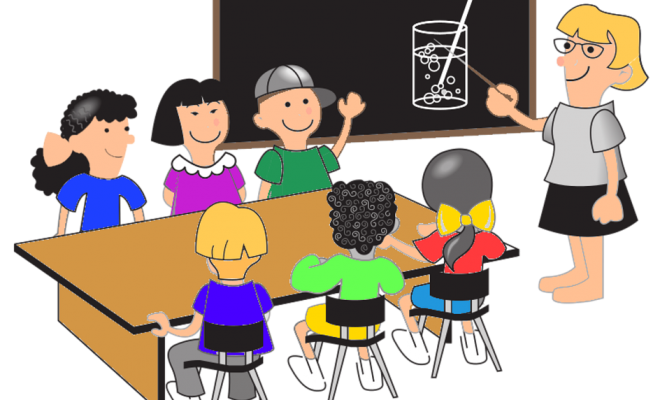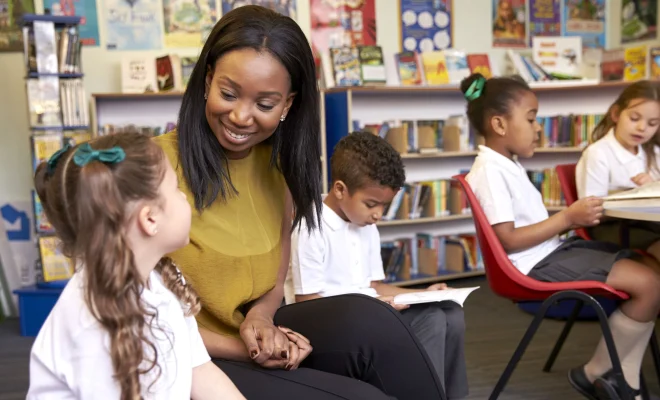31 Pedagogical Techniques That Every Teacher Should Have in Their Toolkits

When it comes to teaching, your technique is everything. Knowing what techniques and strategies to employ and when to use them, can mean the difference a student succeeding academically or experiencing academic failure. That is why it is important for all teachers to have a toolkit full of research-based pedagogical techniques that they can implement at a moments notice.
If you want to know what techniques you should place in your toolkit, keep reading. In this piece, we will discuss 31 pedagogical techniques that every teacher should have in their toolkit.
1. Massed Practice: A learning technique which involves the repetition of specific facts or skills over a concentrated period.
2. Distributed Practice: A learning technique which involves the repetition of specific items at intervals over a designated period.
3. Learning Probes: Techniques which assist teachers to ascertain whether or not students understand a lesson. Questioning is an example of such techniques.
4. Juxtapositioning Texts: A technique that uses multiple texts to shed light on several perspectives on a given topic. Groups of students each read a different text and discuss it. When finished, the students are placed into new groups so that each text is now represented in the new group.
5. Means-Ends Analysis: A problem-solving technique in which the learner identifies the goal (ends), the present situation, and the method through which to attain the goal (means) to decrease the perceived gap between the ends and the means.
6. Rule-Example-Rule: A technique for teaching concepts in which the teacher presents a rule or definition through examples and then demonstrates how the examples fit the rule.
7. Keyword Method: A memory improvement technique which uses images to connect items into pairs.
8. Loci Method: A technique that assists in remembering lists by visualizing the items within familiar locations.
9. Pegword Method: A memorization technique which uses images to connect a list of facts to a familiar group of words or numbers.
10. Initial-Letter Strategies: Learning techniques which use the initial letters of specific items to change the item into a word or phrase that is easier to remember.
11. PQ4R Method: A study technique in which students preview, question, read, reflect, recite, and review a given material or their work.
12. Top-Down Approach: A pedagogical method that encourages student input in their learning and emphasizes authentic learning activities in literacy instruction by including meaningful contexts.
13. Analytic Process: A reading technique designed to help teachers to observe and assess students’ engagement with the reading process. Teachers are then able to identify strengths and weaknesses and plan appropriate lessons regardless of the domain, teaching method, or curriculum involved.
14. Morphological Synthesis: A technique used to encourage creative problem solving which extends on attribute transferring. A matrix is created, listing concrete attributes along the x-axis, and the ideas from a second attribute along with the y-axis, yielding a long list of idea combinations.
15. Implementation Charting: An activity in which problem solvers are asked to identify the next steps to implement their creative ideas. This step follows the idea generation stage and the narrowing of ideas to one or more feasible solutions. The process helps participants to view implementation as a viable next step.
16. Sketch and Label Connections: A teaching idea designed to help students express a connection through visual representations. Students read the text and consider a connection that they can make, sketch the connection, and label it (text-self, text-text, or text-world). They must then explain why it is that type of connection. Sketch and label connections can be done before, during, and after reading a text.
17. Semantic Map: A teaching idea designed to engage prior knowledge, introduce content-specific vocabulary, and organize new information about a topic. In order to make a semantic map, the teacher or the student will choose a word. Students will then brainstorm more information about that word, creating a graphic organizer with categories and details. These maps can be used to create summaries.
18. Social Constructivist Process: A learning development theory based on the schema that concludes that learning takes place when prior knowledge is combined with new information.
19. Bookmark Technique: A teaching idea that can help to monitor reading comprehension and make evaluative judgments about the text simultaneously. This technique can be used for in-class assignments and homework assignments using narrative and expository texts.
20. Gallery Images: A teaching idea designed to help students make visualizations during a reading assignment and gives them a better way to share their mental images. Gallery images are usually used after students are finished reading an informational text.
21. Guided Imagery: A teaching idea that encourages readers to tap into their prior knowledge, create visualizations, solve problems, and use their imaginations. This technique can be utilized with narrative or informational texts that elicit a mental image.
22. INSERT Method: A teaching idea designed to encourage students to become engaged readers by inserting different symbols into the text. This gives students an opportunity to reflect on what they know and make decisions about the different ideas presented in the text.
23. “I Wonder…” Statements: A teaching idea created to help encourage students to ask more questions and to provide a model for active thinking while reading a given text. The statements can be used with any type of text either before, during, or after the reading. The “I wonder” statements can be made orally, visually, or in writing.
24. KWL/KWLS: A teaching idea that engages a student’s prior knowledge about a topic by setting up the purpose for reading and confirming the original understanding of the topic. This is also a great time to revise or expand the original understanding. A traditional KWL chart requires readers to ask what they know, what they want to know, and what they have learned. A KWLS chart adds one additional column for students to state anything they still want to know.
25. Monitoring/Clarifying: A reading comprehension strategy where the reader constantly asks whether the text makes sense to them and then implementing strategic processes to make the text clearer.
26. Paired Questioning: A teaching idea where students take turns making questions and responding to those questions about a text.
27. Photographs of the Mind: A teaching idea designed to help students share their mental images that they create while reading a text. They must stop at four designated points to sketch their mental images.
28. Question-Answer Relationships: A teaching idea proposed by Raphael that assists students with self-questioning. There are two basic information sources: prior knowledge and the text they are reading. Within each of the information sources, students will find question-answer relationships that help them to develop their self-questioning abilities and focus on the information sources necessary to answer the question. This technique can be used when reading both narrative and expository text.
29. ReQuest: A teaching technique created by Manzo (1969) where students participate in an active discussion of a text. Students will create questions at multiple levels based on modeling received from the teacher. Both students and teachers will answer the questions.
30. Thick and Thin Questions: A teaching idea that encourages students to ask questions about a given text and then discern what type of questions they are asking. The questions might be memory-level (thin) or evaluative (thick).
31. Patterned Partner Reading: A teaching idea that provides structure for strategic reading while working interactively with a partner. Two students will take turns reading the text or a section of the text together.
What did we miss?





